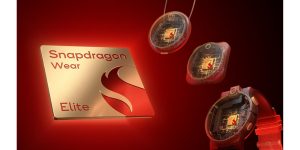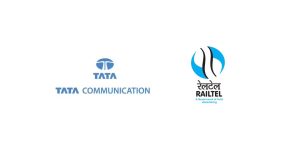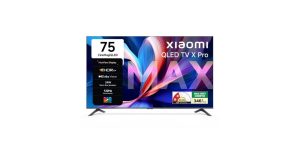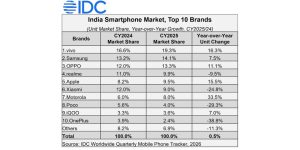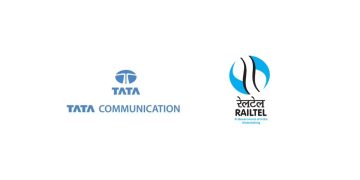ASML Holding, a leading semiconductor technology company, is set to encounter additional export restrictions regarding the shipment of advanced deep ultraviolet (DUV) lithography systems to China. The Dutch government is preparing to announce a fresh set of export controls that will impose limitations on ASML’s chipmaking machines being sent to China. Under the forthcoming measures, ASML will be required to obtain export licenses for the aforementioned systems.
These stringent regulations, expected to be unveiled next week, signify a notable shift in trade dynamics and may have far-reaching implications for the semiconductor industry. ASML, a prominent player in the chipmaking sector, will likely face challenges and adjustments to comply with the new regulations as it navigates the intricate landscape of global trade. The move reflects heightened scrutiny on technology transfers and underscores the increasing complexities surrounding international trade relations in the tech sector.
ASML, the largest technology firm in Europe based on market capitalization, has made significant sales in China, accounting for 14% of its total sales in 2022. Over the past decade, ASML has successfully sold chip lithography equipment worth more than 8 billion euros ($8.46 billion) to Chinese buyers. When companies purchase ASML machines, they also enter into service agreements to ensure ongoing maintenance. The “installed base” segment, comprising these service agreements, contributed approximately 25% to ASML’s global revenue in 2022.
ASML’s machines, valued at tens of millions of euros each, play a crucial role in the chip manufacturing process, enabling the creation of circuits. These machines require unique components and regular maintenance to ensure their operational efficiency and effectiveness in producing high-quality chips. The combination of substantial sales in China and the importance of continuous maintenance agreements highlight the significance of the Chinese market and the vital role ASML’s equipment plays in the semiconductor industry.
The US administration, under President Joe Biden, has been urging the Netherlands and other nations to aid in limiting China’s progress in developing its chip industry, bolstering its military capabilities, and advancing technologies like artificial intelligence and quantum computing. To this end, the US has implemented significant export restrictions on advanced semiconductors and chip-making technologies destined for Chinese companies. In January, Dutch and Japanese officials tentatively agreed to support the US initiative, leveraging their expertise as the world’s leading sources of machinery for producing advanced semiconductors.
The forthcoming export restrictions on ASML’s DUV lithography systems represent a significant development in this ongoing effort to curb China’s technological advancements. These restrictions will have implications for ASML’s sales, service agreements, and the semiconductor industry at large. The impact will be felt not only by ASML but also by the Chinese semiconductor companies that rely on ASML’s advanced chipmaking machines to fuel their own technological progress.
The introduction of export controls further intensifies the global competition in the semiconductor sector, prompting industry players to reassess their strategies and seek alternative solutions to maintain their technological edge. As ASML and other semiconductor companies adapt to the changing trade landscape, they will likely explore collaborations, diversify their customer base, and invest in research and development to stay at the forefront of innovation.
The outcome of these developments will shape the competitive landscape of the semiconductor industry and determine the extent of China’s progress in the sector. Moreover, it underscores the need for international cooperation and the formulation of clear trade policies that strike a balance between fostering innovation, protecting intellectual property, and maintaining fair and secure global trade relations.
In this rapidly evolving landscape, it is crucial for ASML and other industry players to adapt and find alternative strategies to navigate export restrictions and maintain their technological edge. The collaboration between governments, companies, and industry stakeholders will play a pivotal role in shaping the future of the semiconductor industry and its global trade relations.













































